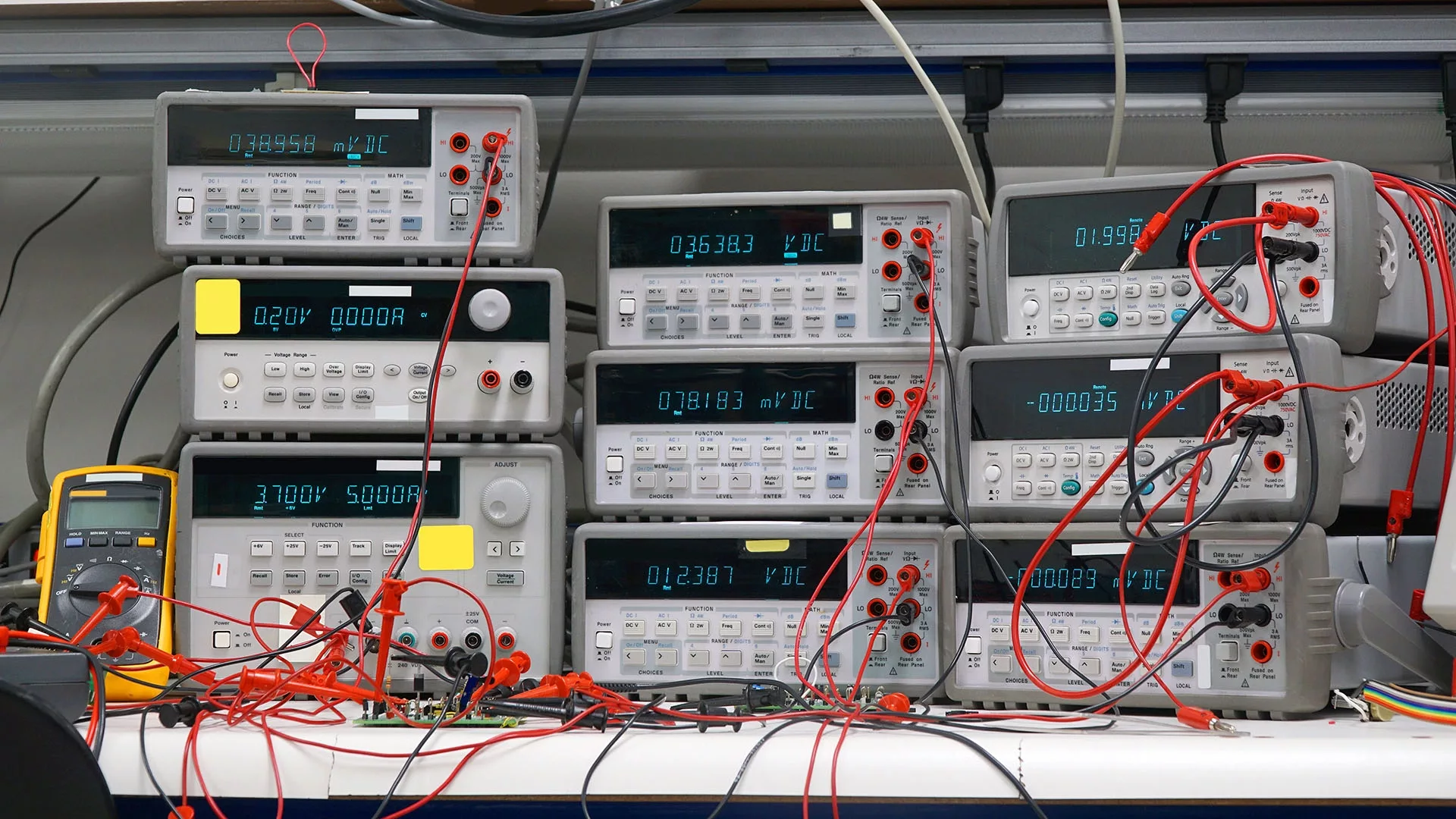
The Role of Testing Instruments in Ensuring Product Reliability and Safety
Product reliability and safety are paramount considerations for manufacturers across all industries. Ensuring that products meet quality standards and regulatory requirements is essential to building trust with consumers and maintaining a competitive edge in the market. In this post, we explore the crucial role that testing instruments play in guaranteeing product reliability and safety, from initial development stages to final production and beyond.
Quality Assurance During Development: Testing instruments are integral to the development process of any product. During the design and prototyping phases, instruments such as 3D scanners, material testing machines, and environmental chambers help engineers assess the performance, durability, and suitability of materials and components. By conducting rigorous testing early in the development cycle, potential issues can be identified and addressed before they escalate into costly problems down the line.
Compliance Testing and Certification: Before products can be brought to market, they must undergo rigorous compliance testing to ensure they meet industry standards and regulatory requirements. Testing instruments such as EMC (Electromagnetic Compatibility) testers, safety analyzers, and environmental chambers are used to assess factors such as electrical safety, electromagnetic interference, and environmental impact. Compliance testing ensures that products are safe for consumer use and comply with relevant regulations, certifications, and standards set forth by regulatory bodies.
Performance Validation and Quality Control: Once products are in production, testing instruments play a vital role in performance validation and quality control. Instruments such as spectrometers, thermal imaging cameras, and vibration analyzers are used to verify product performance, detect defects, and ensure consistency in manufacturing processes. Quality control measures help identify deviations from specifications and ensure that products meet the required standards for reliability, performance, and safety.
Environmental Testing and Durability: Testing instruments are also employed to assess the environmental resilience and durability of products. Environmental chambers, corrosion testers, and accelerated life testing equipment simulate real-world conditions to evaluate how products withstand factors such as temperature extremes, humidity, vibration, and exposure to chemicals. By subjecting products to rigorous environmental testing, manufacturers can identify potential weaknesses and design products that can withstand harsh conditions, ensuring longevity and reliability in the field.
Post-Market Surveillance and Field Testing: Even after products have been released to the market, testing instruments continue to play a role in ensuring reliability and safety through post-market surveillance and field testing. Instruments such as data loggers, remote monitoring systems, and non-destructive testing equipment are used to collect data, monitor product performance, and detect any issues that may arise during real-world use. This proactive approach enables manufacturers to address concerns promptly, minimize risks, and continuously improve product quality and safety.
Testing instruments are indispensable tools in ensuring the reliability and safety of products across all industries. From the initial stages of development to post-market surveillance, these instruments provide manufacturers with the means to assess performance, verify compliance, and maintain quality standards throughout the product lifecycle. By investing in robust testing processes and utilizing advanced testing instruments, manufacturers can build trust with consumers, mitigate risks, and uphold their reputation for delivering high-quality, reliable, and safe products.
At Gamma Technology, we understand the critical importance of testing instruments in ensuring product reliability and safety. Our comprehensive range of testing instruments is designed to meet the diverse needs of manufacturers across industries, providing reliable and accurate solutions for quality assurance and compliance testing. If you're interested in learning more about how our testing instruments can benefit your manufacturing processes, please don't hesitate to contact us.





